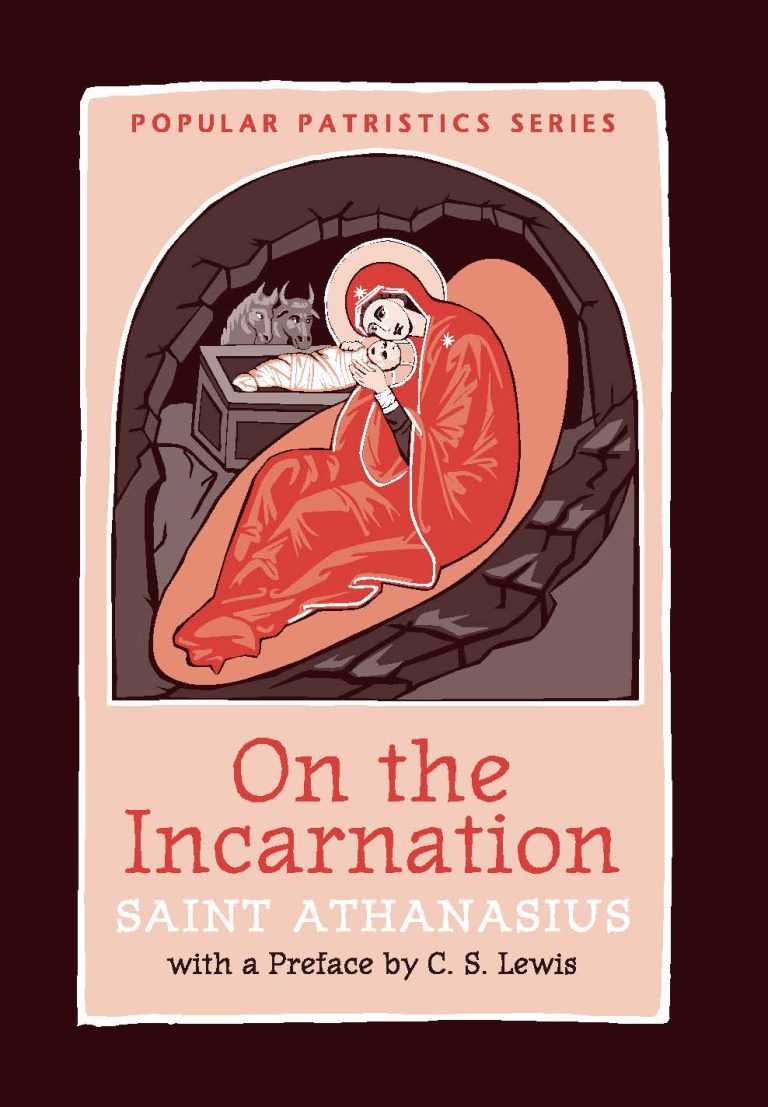
Ancient Anglican
A Modern Perspective on Early Christian Thought.
New on the Blog
Amos 5-6, pt.1
Read Chapter 6 carefully and see if and how Amos speaks to the present-day economy. Do we, both individually and in the general socio-economic reality of America, fall under Amos’ condemnation? Does this chapter speak to any of our current economic policy debates or is this chapter simply a historic artefact?
Amos 3-4, pt.2
Within these chapters, how is Amos’ tone, critique of formal religion, and understanding of natural disasters relevant for us today.
Amos 3-4, pt.1
A second way of looking at Amos’ criticism, is that the wealthy believed they could continue in their unjust conduct so long as they paid God off with their frequent sacrifices. Think about how your type of worship can easily become a me-centric empty formalism where God is no longer the object of the service.
Amos 1-2, pt.2
We, like the Israelites, believe ourselves to be God’s chosen people and tend to see that designation as giving God’s blessing to whatever we do without realizing that the designation holds us to a higher standard. How would this Canadian Amos critique American conduct during our recent wars?
Amos 1-2, pt.1
As you read these chapters, see how Amos speaks to you and to our society. As Heschel writes, “The things that horrified the prophets are even now daily occurrences all over the world. There is no society to which Amos’ words would not apply.”
Amos – An Introduction, pt.2
Amos is not mentioned anywhere else in Scripture. He says he was from Tekoa, which is a small village in the southern kingdom of Judah near Jerusalem. Amos denies that he is a prophet and says his true profession is that of a herdsman and dress of sycamore trees.
Amos – An Introduction, pt.1
The prophet sees as God sees, and experiences that same anger and frustration as God does when met with apostasy and injustice. When the people cease to love God or to love their neighbor, the prophet speaks.
On the Incarnation – Refutation of the Jews, pt.2
The question arises, however, as to whether a Jew or any person can simply read the Hebrew Scriptures (the Old Testament) and come to the conclusion that Jesus is the Christ without that person first believing that Jesus is the Christ. Must faith precede understanding.
On the Incarnation – Refutation of the Jews, pt.1
In the last portion of “On the Incarnation,” Athanasius directly confronts both the Jews and the Gentiles as to their respective inability to recognize Jesus as the Incarnate God.
On the Incarnation – The Resurrection, pt.1
Within this chapter, Athanasius sets out two broad proofs for the Resurrection: 1) a Christian’s fearlessness towards death, especially among the martyrs, and 2) the daily witness of Christ’s work in a believer.
On the Incarnation – On the Death of Christ, pt.2
Think through why Athansius writes that the Incarnation, by itself, is insufficient to bring about the restoration of a fallen humanity, and why the Incarnate Christ had to die on the Cross and not through some other method.
On the Incarnation – On the Death of Christ, pt.1
Athanasius speaks of Christ’s death as a debt being repaid. Remembering the first several chapters, think through to whom the debt was owed and how the Passion satisfies that debt.


